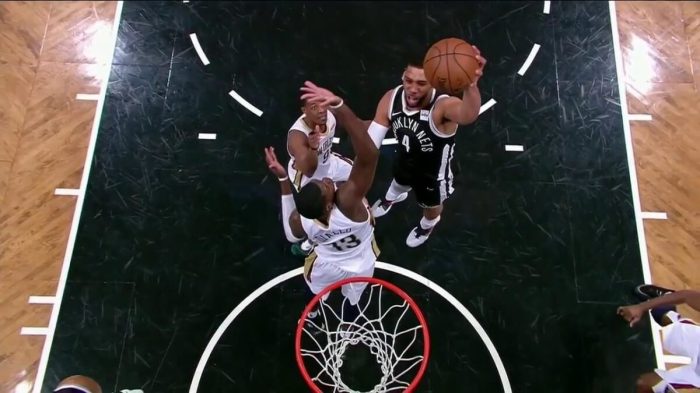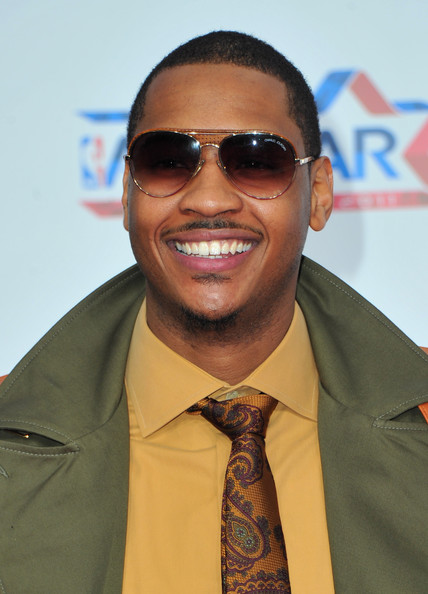The story of the Nets 2010-11 season was supposed to be that of the Nets acquiring a superstar player from the Western Conference. We all felt that that player was supposed to be Carmelo Anthony. When reports surfaced on September 24, the Nets and all players involved in the rumored deals were put in a long, elaborate game of “he said, she said”. The hype of this deal seemed to be even more amplified due to the growing presence of NBA writers on twitter, each tweeting anything and everything in regards to Carmelo Anthony, the Nets and the Knicks who was the other suitor of Anthony and his desired destination.
As the trade deadline approached, the Nets kept sweetening their deal, thus putting heavy pressure on the Knicks to add pieces to their deal they were originally reluctant to include, like, Danilo Gallinari and Timofey Mozgov. Potentially a stroke of chess playing genius by Mikhail Prokhorov and the Nets front office brass.
When the Knicks completed their deal for Anthony on February 22, the Nets again looked to be the losers of the deadline, left with a roster full of players who had been in open trade talks all season, and lacking a true superstar which their owner desperately coveted.
Two days later, the Nets fulfilled their season long story, acquiring a western conference superstar, in a deal completely opposite of the Melo deal. No hype, no rumors, nothing made public. Just two GM’s getting a deal done the old fashioned way, over the phone and with limited fan fare, and just like that the Nets were back on the map.
This year’s Executive Move of the Year, in an absolute no-brainer, was the acquisition of Deron Williams. Anytime you can land a player of Williams’ caliber, you pull the trigger and worry about the rest later. The Nets know this, having turned the franchise around in a similar fashion when they acquired Jason Kidd in 2002. A dynamic point guard can mean wins for your organization, now it’s time for Williams to prove the Nets made the right choice.
In the deal, the Nets received Deron Williams from the Utah Jazz. In return, the Nets sent the Utah Jazz Devin Harris (who’s time in New Jersey was wearing thin, and there was rumblings of tension with him and Avery Johnson. The parting of Harris was welcomed by both sides.), Derrick Favors (Lots of upside, but ultimately an unknown commodity. Trading an unknown for a known commodity is always something that makes sense, and that’s what the Nets did.), two first-round draft picks (including the Nets pick for this year’s draft, which is being viewed historically as one of the weakest draft classes.) and cash considerations.
From a basketball standpoint, the Nets got a top shelf point guard. He’s able to create for others as well as himself. The Nets instantly became a better basketball team the moment Deron Williams entered the lineup. From a business standpoint, the Nets have a “face” to their franchise. Someone they can build a team around and someone fans can attach themselves to.

















